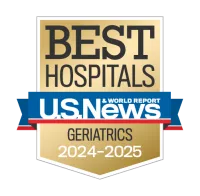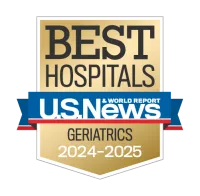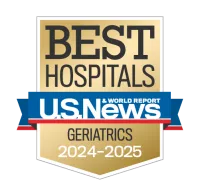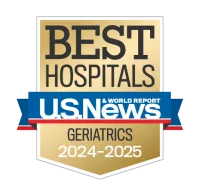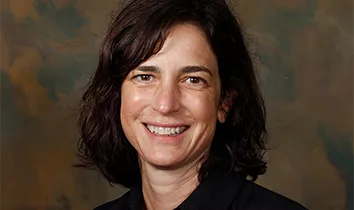Center for Surgery in Older Adults - Homepage




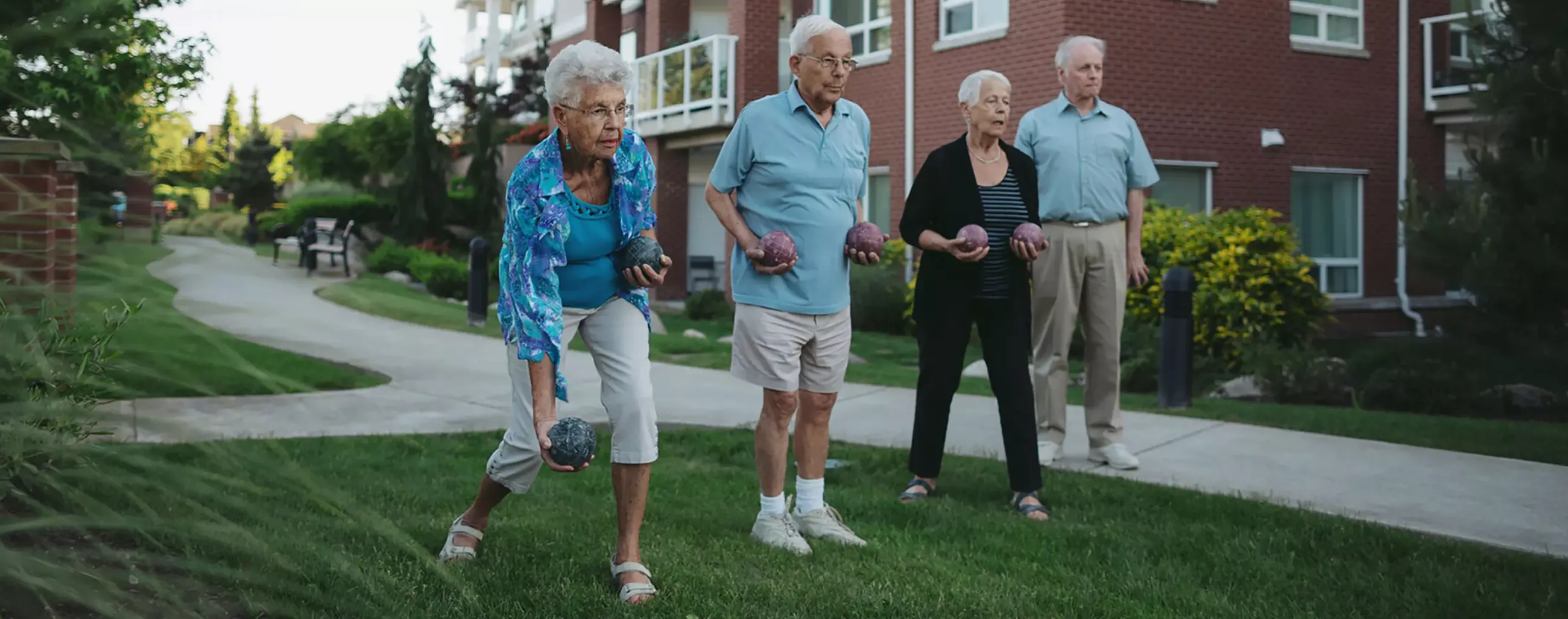

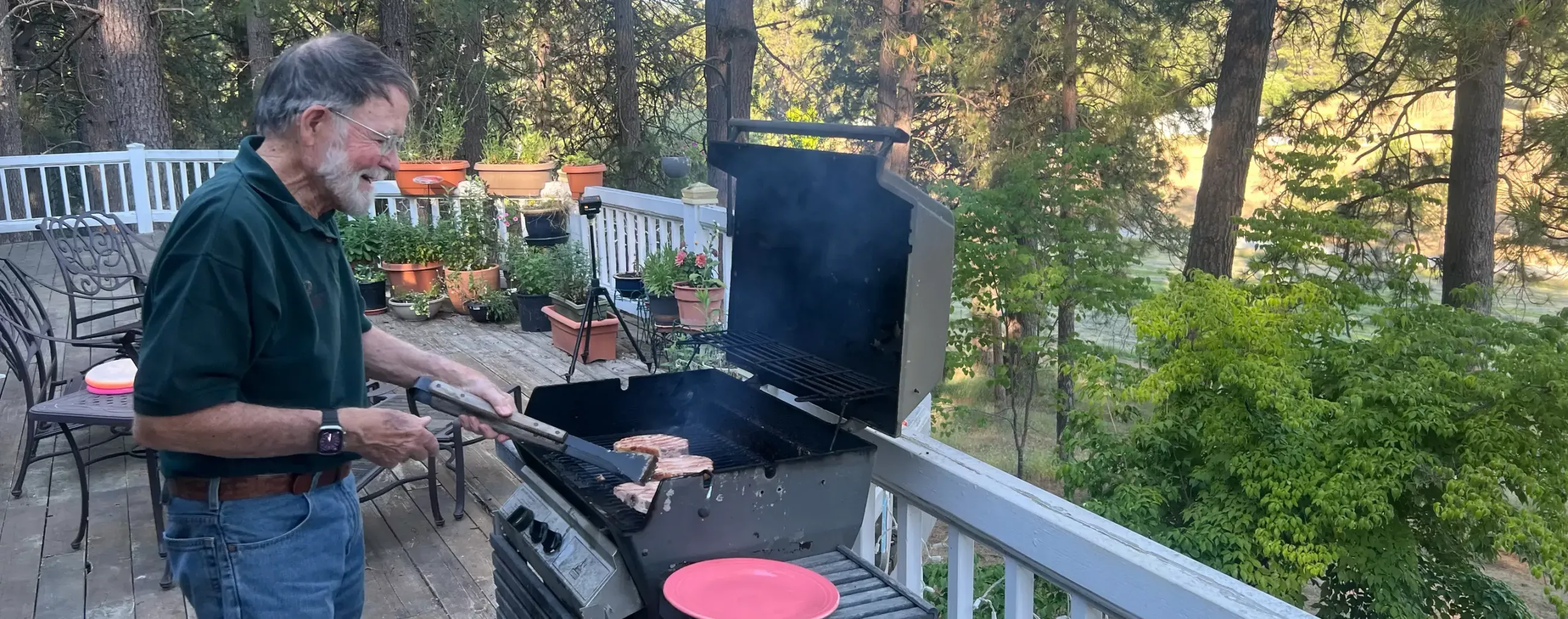


Support our Research
A gift to the Center for Surgery in Older Adults helps researchers to improve surgical care for older adults.
A UC San Francisco team has developed a tool that can help determine -- and perhaps influence -- senior citizens' 10-year survivability rates.
"I want to talk with you today about prognosis. By prognosis I mean the expected outcomes of treatment. When most people hear the words prognosis they think about life expectancy, or how long someone has to live, and that’s what we’ll focus on today. In residency I realized just how hard this was to have these conversations, and that I had a lot of work to do. I went on to train in palliative care, so I could gain the advanced skills in talking to patients about prognosis, and general medicine research, so I could figure out how to study the science of prognosis and prognosis communication."
Alexander Smith MD, MS MPH

